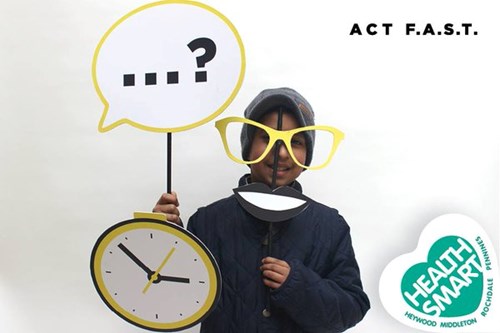The ‘taa-daa!’ moment of deciding to make a lifestyle change can be so exciting – we’re making a promise in that moment to be our Best in the future, and to achieve the things that are important to us. If only it was that simple, eh?! Busy lives and hectic schedules can leave our motivation levels feeling a little deflated, and before we know it, that goal feels out of reach again. So, how can you keep yourself motivated and on track for your smoke-free future?
Tip 1: Take inspiration from others, but don’t compare your journeys too much
There are many roads to success, and Best-You is here to help you find your Best path. Whether you’re using a pre-planned route, relying on your Sat Nav or taking the scenic route, we will all get there at our own pace. If your colleague has given up smoking for good or your friend is doing really well on their smoke-free journey, try and look at the positives. Celebrate their successes with them, but don’t be unfair to yourself. Instead, you could ask them to share any tips that have helped them along the way.
Tip 2: Make your goal known
At Best-You, we firmly believe in the power of support networks. Small steps like sharing a goal with those close to you can help to make it feel a little more ‘real’. By announcing your goal, you are letting people know that you’ve taken a massively positive step forward in taking control of your own health and wellbeing. It will also reduce the likelihood of people offering you cigarettes or asking too many questions (especially early on in your journey, where the temptation to return to smoking will be at its highest).
Tip 3: Still take the break, just without the fag
Habit is a large part of smoking culture. There are so many kinds of smokers, but a common theme amongst the Best-You community is that smoke-breaks can be seen as a bit of time to yourself, away from all the chaos. Time alone to think is so important for our wellbeing; to make sure your health is benefiting too, take the break but without the cigarette. Away from all the smoke (literally), you will be able to focus on the things that are important to you.
Tip 4: Remember why you’ve made your decision
Your reasons for quitting are personal to you. In your moments of doubt, try and focus on the benefits of becoming smoke-free. You could even try writing down the reasons on a post-it note and carrying it around with you. If you’re feeling the urge to smoke, take a look at your note and remind yourself of what an amazing future you have ahead of you as a non-smoker.
Tip 5: Don’t write yourself off
This is your journey. If you were in a car and took a left instead of a right at the end of a road, would you give up the journey altogether? The chances are you wouldn’t, especially if the destination was a place you really wanted to arrive at. We like to think of smoking journeys in the same way. Sometimes, with the best will in the world, life can get in the way and we can have slip ups along the way. The important thing to focus on is that these slip ups are exactly that. Smoking is not your norm now – don’t let any slip ups demotivate you or discourage you from achieving your smoke-free future.
Best-You is a free community made up of 1000s of people just like you – each on their own journey. Why not join today? As well as being able to set goals and track your progress, you can share stories with others and support them on their journeys too. From smoking, physical activity and sleep through to hydration and healthy weight, there’s something for everyone. Don’t miss out!
 collective voice
collective voice






 As you reach the two week milestone on your Stoptober smoke free journey, you may be feeling that things are getting more challenging rather than easier. Although it can be tricky, motivation and determination are often high as you navigate your way through your first few days smoke free. As the days go on, the part of the brain that wants its regular doses of nicotine begins to realise that this change is for good. As a stop smoking adviser I see many people, often with similar withdrawal symptoms, including:
As you reach the two week milestone on your Stoptober smoke free journey, you may be feeling that things are getting more challenging rather than easier. Although it can be tricky, motivation and determination are often high as you navigate your way through your first few days smoke free. As the days go on, the part of the brain that wants its regular doses of nicotine begins to realise that this change is for good. As a stop smoking adviser I see many people, often with similar withdrawal symptoms, including: Michael Jones
Michael Jones